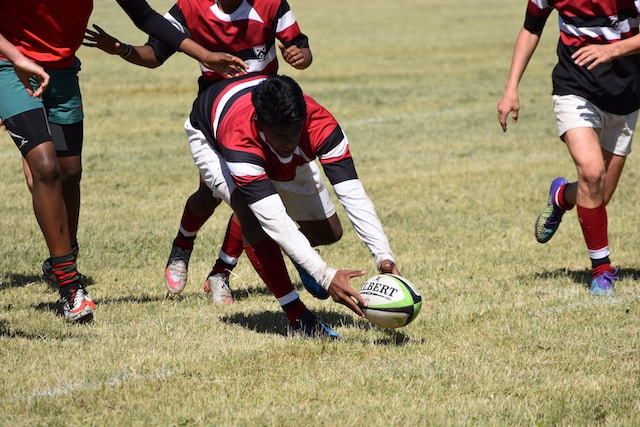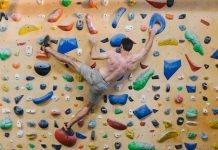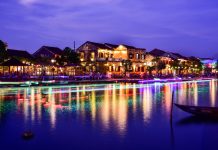South African rugby holds a special place in the hearts of its people. It is more than just a sport; it is a symbol of unity and national pride. The history of rugby in South Africa is deeply intertwined with the country’s turbulent past, making it a powerful force in shaping its identity.
Rugby was introduced to South Africa by British colonial settlers in the late 19th century. It quickly gained popularity among the local population, becoming a unifying force in a country divided by racial tensions. However, during the apartheid era, rugby became a symbol of division, with the national team representing the white minority.
Following the end of apartheid, rugby played a crucial role in the nation’s healing process. The Springboks, the South African national rugby team, became a symbol of hope and reconciliation. The historic moment came in 1995 when South Africa hosted and won the Rugby World Cup, with Nelson Mandela presenting the trophy to François Pienaar, the Springbok captain.
Since then, South African rugby has continued to thrive, producing world-class players and teams. The Springboks have won three Rugby World Cups, in 1995, 2007, and 2019, cementing their status as one of the dominant forces in international rugby.
The sport has also played a crucial role in social development, especially through initiatives aimed at uplifting disadvantaged communities. Rugby academies have been established to provide opportunities for young athletes from all backgrounds, promoting inclusivity and diversity.
South African rugby is known for its physicality, skill, and passion. The players’ commitment and dedication are evident on the field, captivating audiences around the world. The support of the passionate fans, known as the “Bokke,” further fuels the team’s drive for success.
In conclusion, South African rugby is much more than a game. It represents a nation’s journey towards unity, reconciliation, and triumph. It continues to inspire and unite people from all walks of life, making it a powerful force in South African society.










